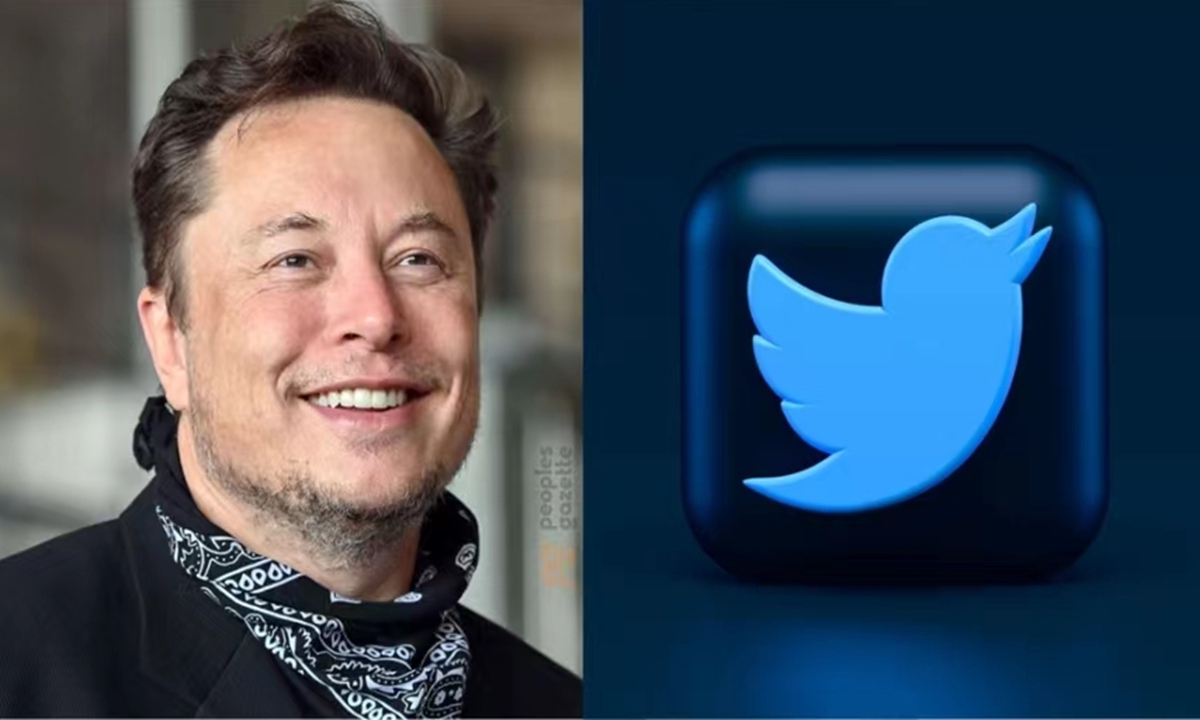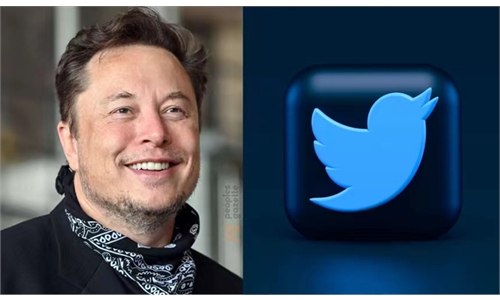
Elon Musk. Photo: website
The public opinion storm triggered by Elon Musk's taking control over Twitter has continuously made headlines in the US and beyond. As an entrepreneur with a non-traditional style, Musk often make comments on hotspot issues defying political correctness in the US.
Opinion of mainstream American elites carried and amplified by social media platforms including Twitter has, to a certain extent, worsened the already deep division within the US society, and intensified hostility of those elites toward countries that they deem as rivals. How Twitter, after Musk's control, will be treated by them is worthy of attention.
Musk, with his maverick style, has proved that his actions in fields such as space, internet service, and electric vehicles have brought about remarkable changes. His strong sense of participation and willingness to express his opinions on political and diplomatic affairs means that it has become more possible for him to fulfill his political propositions via the powerful social media of Twitter.
"It remains unclear how Musk's management will affect the social media platform," Shen Yi, a professor at Fudan University told the Global Times. "But the public opinion storm in the US over Musk's takeover on Twitter embodies US' political polarization derived from political divergences."
In ideology, Twitter is considered to lean toward the relatively radical progressives of the Democratic Party. When it comes to values, the company has a relatively close relationship with the Democratic Party's establishment, Shen commented.
Musk's plans for a content moderation council to dictate policy and review major account reinstatements has drawn much attention from the US media. Liberals think that Musk's plans will risk more scams and misinformation and the huge layoffs will make things worse. Joe Biden on Friday called out Musk, saying the billionaire had purchased a social media platform that "spews lies all across the world."
For the possible change, the reaction of the US media is consistent with their previous views on Twitter. Those who liked Twitter before Musk's takeover naturally think this change is negative, while those who disliked it are more accepting of the change, Shen told the Global Times.
According to Lü Xiang, an expert on international relations at the Chinese Academy of Social Sciences, Musk represents the opinions of the US business community to a certain extent, and he has a very different understanding and opinion on many international affairs from the mainstream US elites and media, such as the ongoing Russia-Ukraine conflict and the situation in the Asia-Pacific. They will definitely be alert to Musk and his Twitter in the future. The bashing of Musk by the mainstream US elite and the media is likely to intensify, to the extent that it even cannot be ruled out that there will be some social media influencers, political elites, and lawmakers boycotting the platform. In that case, current contradictions in the US society will be more difficult to find solutions.
The change in the ecology of the US public opinion and the influence brought about by Musk is one of the ways to resolve the current divisions in American politics and the deadlock between the elites and the public. The results of such efforts will be worthy of attention.

